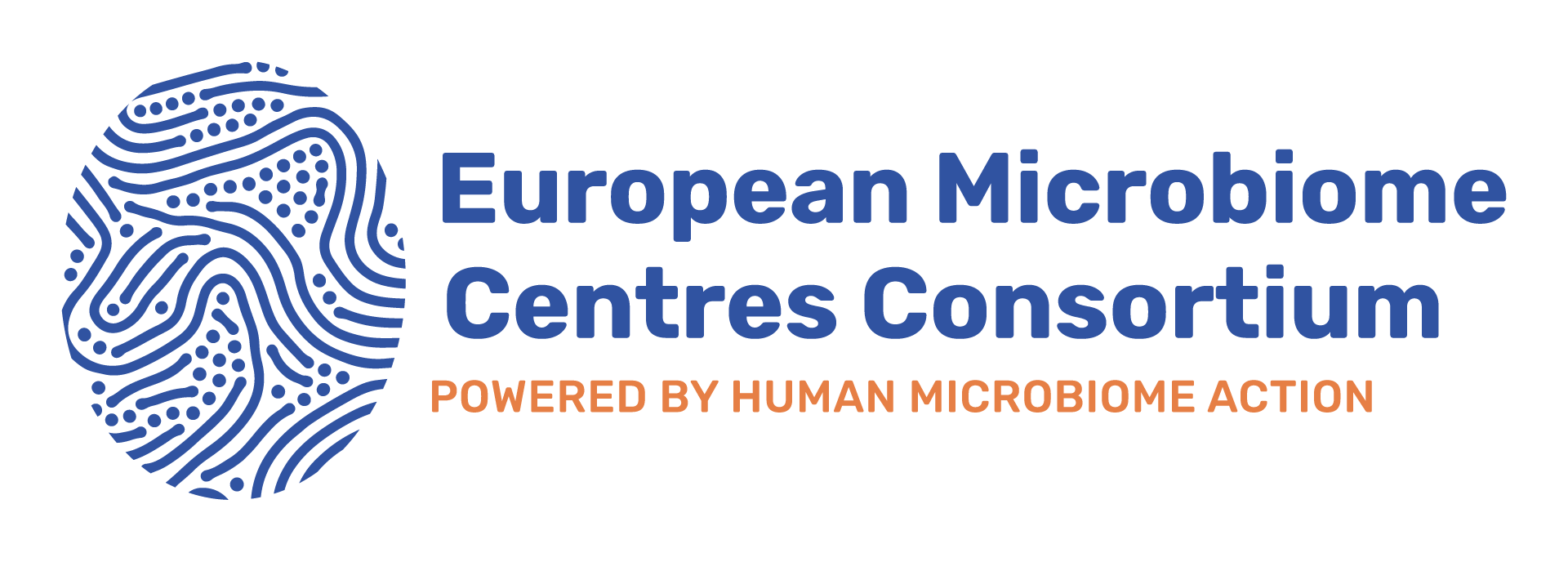The European Microbiome Centres Consortium (EMCC) is a network of institutions that has been created as a legacy of the EU-funded Human Microbiome Action project to foster innovative translational developments, potentially transforming preventive nutrition and healthcare, and to influence regulatory frameworks in Europe, advocating for the acknowledgement of scientific consensus and requirements in the field of microbiome research.
At the moment there are five founding institutions:
- French’s National Research Institute for Agriculture, Food and the ENvironment – INRAE (France)
- European Molecular Biology Laboratory – EMBL (Germany)
- University College Cork – UCC (Ireland)
- University of Copenhagen – UCPH (Denmark)
- University of Trento – UNITN (Italy)
One of the primary objectives of the EMCC is to promote and harmonize the development and validation of standards in microbiome research. By ensuring that these standards are consistent and universally recognized, the EMCC will facilitate more accurate and reliable research outcomes. This, in turn, will contribute to the evolution of the regulatory framework in Europe, helping to stimulate innovative translational developments. The EMCC will work to raise awareness and educate both the general public and healthcare professionals about the importance of microbiome research. Through outreach efforts and educational programs, the EMCC will foster a better understanding of how the microbiome influences human health and disease.
The main objectives:
- Shape the Research and Innovation community in the field of the Human Microbiome.
- Promote and harmonize the development and validation of standards.
- Ensure that scientific requirements and consensus are acknowledged by policymakers and contribute to the evolution of the regulatory framework.
- Raise awareness and educate the general public and health care professionals.
Working groups
The EMCC will be divided into 6 working groups and activities:
- WG Harmonization of practices & procedures towards standardization efforts
- WG Good practices of analytical procedures for microbiome studies
- WG Microbiome and Public Health
- WG Scientific priorities & roadmap
- WG Regulatory
- WG Diffusion – Communication – Training

